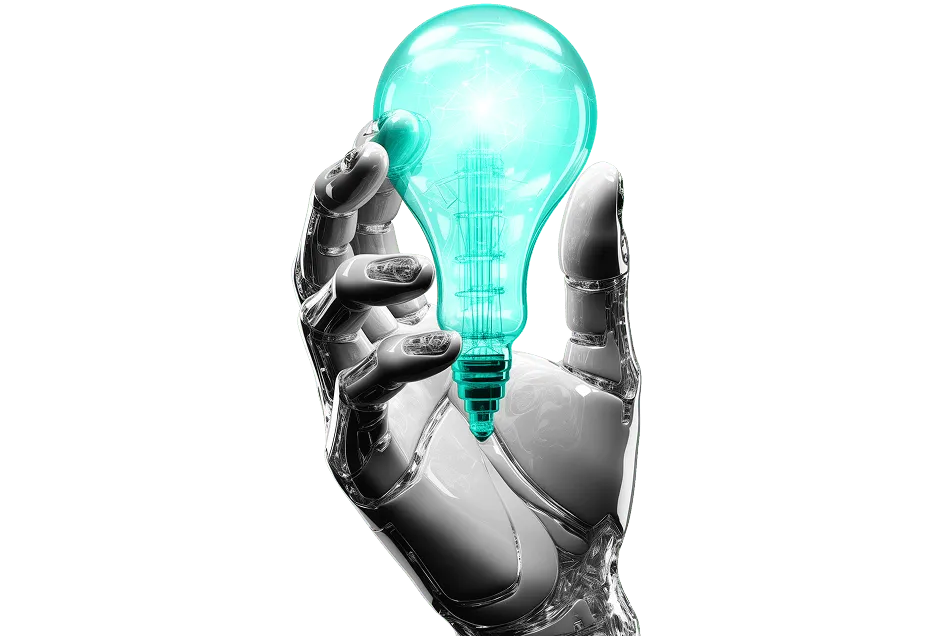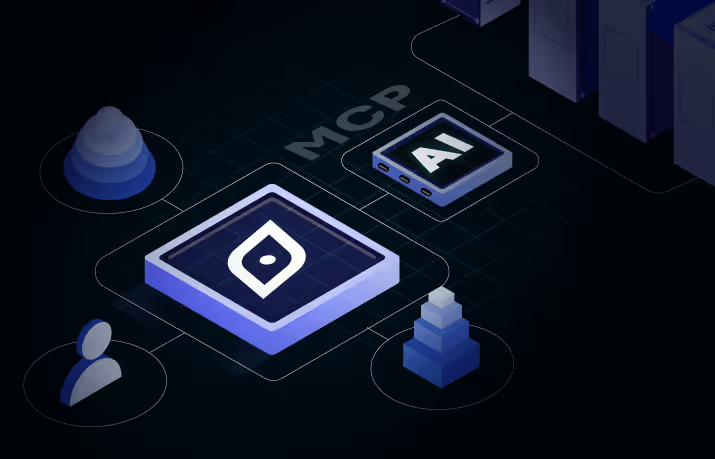How Is AI Talent Acquisition Augmenting the Hiring Process?
Adopting artificial intelligence has its benefits to business processes. Organizations integrating artificial intelligence into the core of their business have the world’s attention. AI talent acquisition is helping remove unconscious bias from the hiring process.
Leverage AI talent acquisition to remove unconscious bias from your hiring process, boost diversity, and positively impact your bottom line. Companies with the most ethnically diverse executive teams are 33% more profitable than their non-diverse competitors.
Reducing Unconscious Bias with AI Talent Acquisition
Unconscious bias is the innate prejudice that we hold, impacting decision-making when hiring and promoting people. It is hard to determine the subconscious attitude towards gender, race, age, appearance, education, etc. Training helps, but AI talent acquisition can eliminate the need for manual steps in the hiring process.
AI talent acquisition tools screen candidates based on ability and identify patterns in the hiring process without compromising diversity. However, artificial intelligence relies on quality data to function effectively.
Plugging a CV into an algorithm or pointing to a LinkedIn profile isn’t enough. The talent management team must consider all of the candidates’ skills, experience, and potential. However, limited information impacts the talent acquisition process and fires up the team’s unconscious bias.
AI talent acquisition must ensure that the artificial intelligence system has up-to-date data with over 100 data points for all candidates in the pool. This includes skills, competencies, ambitions, professional relationships, volunteer work, papers published, experiences, etc.
Artificial intelligence and machine learning can then add further suggestions to this list based on similar candidates. For example, a candidate experienced in social media management might have campaign management and paid advertising as suggested skills.
Other Benefits of AI Talent Acquisition in Hiring
In AI talent acquisition, any area with distinct inputs and outputs, such as screening, sourcing, and assessments, will become automated. What does this automation translate for the talent acquisition team?
Creates job advertisements
Artificial intelligence can use natural language processing to highlight where job descriptions might be biased. It can analyze competitors’ job posts to give recruiters a benchmark for diverse job applications.
Additionally, AI talent acquisition tools can analyze past job posts to identify the most successful ones. Using these insights, recruiters can craft the ideal job ad to attract top applicants.
Automates high-volume tasks and saves recruiters’ time
Talent acquisition leaders report that their hiring volume will increase next year, but their teams may contract or remain the same size, compelling them to adopt AI talent acquisition solutions to drive greater efficiency.
Manually screening the resumes is time-consuming, considering 75% to 88% of the resumes are unqualified for the role advertised. Screening and shortlisting candidates may take 23 hours of a recruiter’s time for a single hire. Artificial intelligence can schedule meetings, send emails, onboard recruits, and even answer questions.
The best artificial intelligence-powered technology will automate part of this workflow and integrate it with your current recruiting stack, so it doesn’t interrupt your workflow. Hence, it reduces the time to hire and prevents competitors from moving faster. AI talent acquisition automates many mundane tasks in a recruiter’s day, freeing up time to focus on hiring the right talent.
Improves the quality of hire through job matching
Quality of hire has been a KPI black box due to an inability to measure performance. As collecting, accessing, and analyzing HR data has become easier, quality of hire has become recruiting’s top KPI.
Artificial intelligence can use data to standardize the matching between candidates’ experience, knowledge, skills, and job requirements. Job matching could make employees happier and more productive employees who are less likely to turnover.
Early adopters of artificial intelligence using AI talent acquisition software have seen their cost per screen reduced by 75%, their revenue per employee improve by 4%, and their turnover decrease by 35%.
Predicts candidate success
Artificial intelligence can predict the success of a candidate in a role. It can analyze an individual’s skills, cultural fit, and other-specific criteria to understand the best fit. So, gathering a lot of data from various sources is essential for accuracy.
Artificial Intelligence Will Reform the AI Talent Acquisition Role
Companies and talent acquisition teams must pair themselves with artificial intelligence/machine learning and train it to understand corporate mission and culture so that recruiters can leverage communication technologies as extensions instead of replacements.
The future of talent acquisition is AI talent acquisition powered by augmented intelligence. It standardizes processes to assess candidates and then enhances human aptitude and efficiency. The ability to use augmented artificial intelligence to automate administrative tasks will be valuable for talent acquisition.
- They can conduct proactive strategic hiring rather than spend most of their time with reactive backfilling.
- They can spend more time with candidates in person to build relationships and determine their culture fit.
- They can close the loop with talent management as artificial intelligence allows them to use data to show recruiting KPIs, including quality of hire
To top it all, it allows them to be more proactive.
The wellness and well-being of people are critical. Artificial intelligence and machine learning, especially in AI talent acquisition, can help identify issues early, enabling the talent management team to act strategically, reduce attrition and costs, and elevate the organization.
Draup’s talent intelligence platform leverages artificial intelligence. It assists talent acquisition teams in analyzing and evaluating the underlying talent attributes across individuals, firms, industries, and regions to make the best recruiting decisions. It removes any bias in the hiring process. Groups that previously fell in the ‘minority status will reach ‘majority’ status by 2044.
Related Articles










.svg)

















.svg)





.svg)





.svg)
